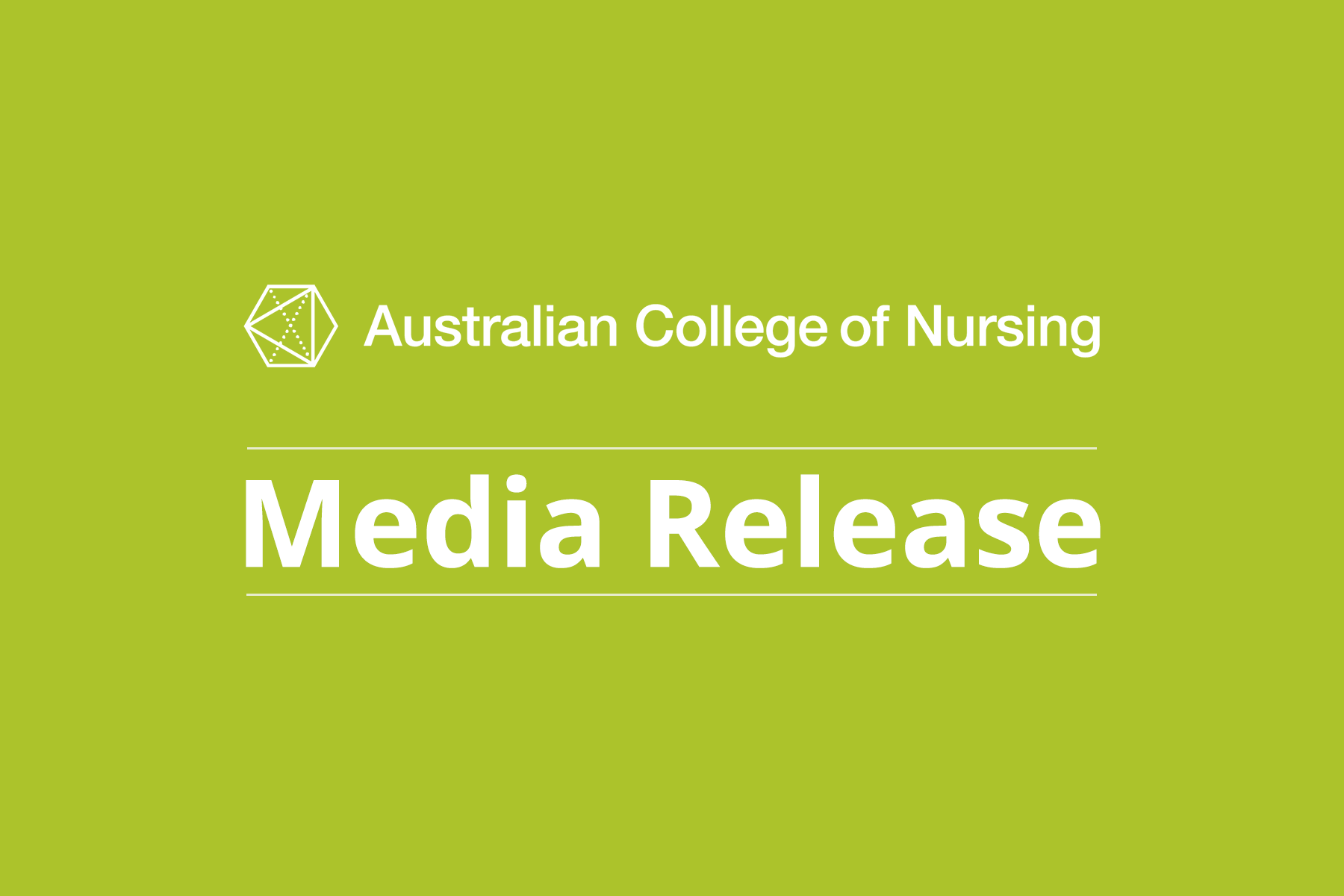Ahead of International Women’s Day on 8 March, the Australian College of Nursing (ACN) is urging policymakers to replace superficial platitudes with tangible action to ensure the nursing profession is central to solutions focused on ending violence against women. This must also go hand in hand with greater recognition of the leading role women have played in guiding their communities through the COVID-19 pandemic.
“I am proud to be one of the 90% of nursing’s 400,000 strong workforce who identifies as a woman,” ACN CEO Adjunct Professor Kylie Ward FACN said.
“I have heard stories from my colleagues sharing their frustrations about the ‘hero’ and ‘angel’ labels applied to us throughout the pandemic. Not only are these outdated and superficial, but they also mask the incredible risk of violence our female-dominated profession faces each and every day in their personal and professional lives.
“According to Safe Work Australia, women are more than twice as likely to have to file a claim for workplace violence than men, and some states are reporting that up to 95% of health care workers have experienced physical or verbal assault. Nurses also experience more occupational violence than police officers and prison guards.
“At the same time, the Workplace Gender Equality Agency shows that women are paid on average 22.8% less than men and are dominantly placed in part-time or casual roles over full time. The flow- on effects of the casualisation of women’s jobs are less superannuation, less job security, and a higher reliance on alternative means to get by.
In 2021, ACN set up a National Nurses and Violence Taskforce to better understand the daily reality for nurses on-the-job and to advocate to Government on behalf of the profession. The Taskforce comprises four committees focused on best practice for nurses caring for people experiencing domestic violence, support for nurses experiencing domestic violence or occupational violence and protection of nurses and children.
“As a for-purpose organisation, we are firmly dedicated to ensuring the expertise of the nursing profession leads the fight against gender-based discrimination and violence,” Adjunct Professor Ward said.
“Over the past 18 months, the Taskforce has been crucial in advocating for nurse-led solutions to the unacceptable levels of discrimination and violence women continue to experience each and every day.
Adjunct Professor Ward also said International Women’s Day is an important time to reflect on the incredible courage women have shown throughout the COVID-19 pandemic.
“As Australians went into lockdowns, it was those in women-dominated professions who stood tall to lead us through unprecedented challenges not seen for over a century,” she said.
“Women have been leading the way on the multiple front lines of our fight against COVID-19, from our health care settings, supermarket checkouts, pre-schools and schools and communicating crucial health advice, just to name a few.
“However, this is not unprecedented, as time and time again women have stood tall during times of crisis. For example, during times of war Australian women stood tall to lead the economy and nurses showed extraordinary leadership providing care during wartime, but were shunned from the workforce when the men returned home. History must not repeat itself as we move towards living with COVID-19.”





